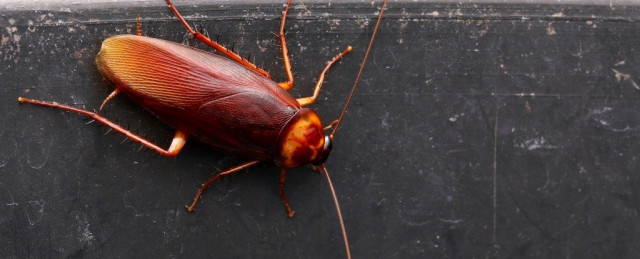In the future, we may all be drinking cockroach milk
The milk is quite nutritious, containing all of the essential amino acids, plus carbohydrates and lipids

PHOTO: REUTERS
We used the term 'lactating cockroaches' in case you have a weak stomach, feel free to pause here for a breather. Researchers think it could be the key to feeding our growing population in the future!
Milk and dairy: ‘Focus on farmer profitability’
Although most cockroaches do not actually produce milk, but the Diploptera punctate (or Pacific beetle cockroach), which is the only known cockroach to give birth to live young, has been shown to pump out a type of ‘milk’ containing protein crystals to feed its babies.
"Any liquid harvested from a cockroach is not true milk. At least not as we think of it," said Becky Facer, director of school and educator programmes at Fernbank Museum of Natural History in Atlanta.
The fact that an insect produces milk is pretty fascinating, but what fascinated researchers more is the fact that "a single one of these protein crystals contains more than three times the amount of energy found in an equivalent amount of buffalo milk."
The milk is quite nutritious, containing all of the essential amino acids, plus carbohydrates and lipids. Even more impressive is the milk’s release mechanism, which allows the crystal to release protein at the same rate your body consumes it. Its high protein and energy content could make it an ideal supplement for athletes looking to recover after a workout.
137 hospitalised after drinking soda milk in Faisalabad
However, cockroach milk is not yet available for human consumption. “I don’t think anyone is going to like it if you tell them, 'we extracted crystals from a cockroach and that is going to be food'," researcher Subramanian Ramaswamy said.
This story originally appeared on CNN.



















COMMENTS
Comments are moderated and generally will be posted if they are on-topic and not abusive.
For more information, please see our Comments FAQ